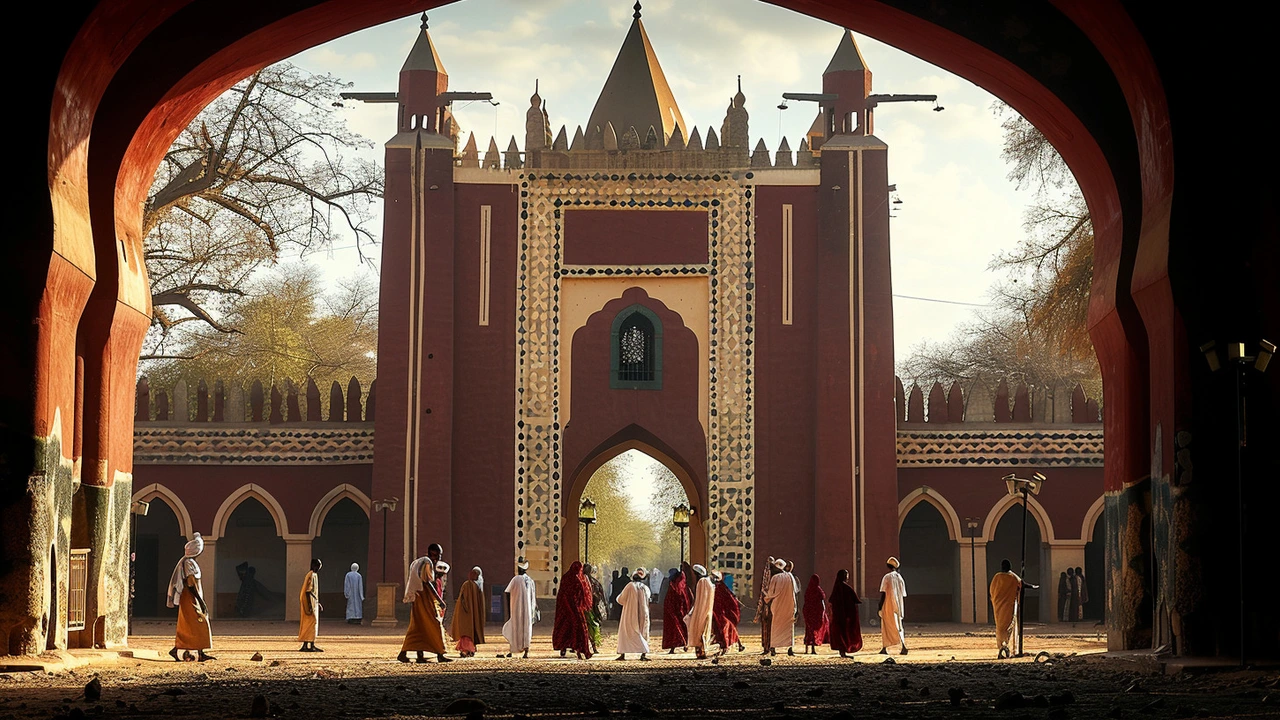Discovering the Kano Emirate: A Key Piece of Nigeria’s Cultural Puzzle
The Kano Emirate stands out as one of Nigeria’s most important traditional institutions. Nestled in Northern Nigeria, this emirate traces its roots back hundreds of years and remains a center of cultural identity for the Hausa people. If you want to understand Northern Nigeria beyond the headlines, getting to know the Kano Emirate is a great starting point.
The Kano Emirate showcases a blend of history and tradition that shapes the region. It originated around the 10th century and grew through trade and Islamic scholarship. Over time, it became a powerful kingdom with a ruler known as the Emir, who still holds considerable influence in both cultural and political spheres today.
What Makes the Kano Emirate Special?
First off, the Kano Emirate is not just about ancient history. It plays an active role in daily life for millions. The Emir, as a traditional leader, acts as a bridge between the government and the local people, often settling disputes and preserving customs. This system shows how tradition and modern governance can work together.
Culturally, the Kano Emirate promotes Hausa language, arts, music, and Islamic teachings. Festivals and ceremonies here are vibrant, reflecting a deep respect for heritage. For example, during the Durbar festival, horses and riders parade in colorful attire to celebrate Islamic holidays and local milestones.
Why Should You Care About the Kano Emirate?
Understanding the Kano Emirate helps make sense of Northern Nigeria’s social dynamics. It’s a hub for trade, education, and religion, influencing political decisions that shape the whole country. Whether it’s negotiating peace or supporting local businesses, the Emirate’s role is far-reaching.
In short, the Kano Emirate is a living connection to Nigeria’s rich past and a key player in its present and future. Learning about this institution helps you appreciate the deep traditions that still pulse through one of Africa’s largest economies. It’s a reminder that history isn’t just in books — it’s alive, impacting how people live and govern today.
Kano Lawmakers Urge Kingmakers to Select New Emir After Repeal of 2019 Emirate Law
Following the repeal of the 2019 emirate law, the Kano State House of Assembly has requested traditional kingmakers to select a new Emir. Abdullahi Ganduje had previously deposed Lamido Sanusi under the 2019 law, crowning Aminu Ado Bayero as the Emir. The new legislation renders Bayero's position null, prompting the search for a new leader.
Julian Parsons | May, 23 2024 Read More
